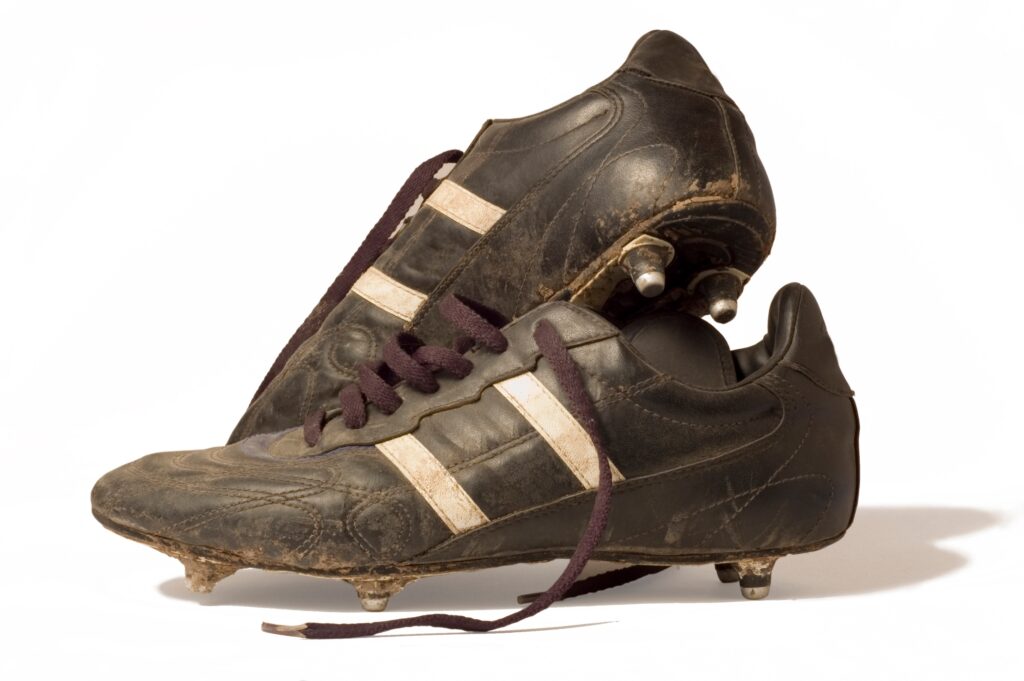Representatives from Ghana, Kenya and Uganda countered such claims, arguing that detailed research showed the proportion was actually in single figures. They said it made no sense for African businesses to import textiles from Europe or the US they could not use.
In the conference’s first session, Marlvin Owusu (an executive member of the Ghana Used Clothing Dealers Association), said: “One of the biggest challenges we have is simply the misconception of second-hand clothing.”
Owusu stated that while EU laws define “waste” as discarded materials no longer intended for their original use, the Ghanaian view is that it is clothing that could no longer be reused or repurposed.
An independent report commissioned by his organisation used the Ghanaian model and found that “textile waste” being imported into Ghana is only up 5% – often considerably less.
He added: “Far below the exaggerated figures that have been put on media outlets for a long time.”
Via video link, Teresiah Wairimu, chair of the Mitumba Consortium Association of Kenya, also spoke of “unverified figures” for waste from those with no understanding of the African markets. She insisted that in Nairobi the figure sat at 1.89%.
She continued: “We are business people, we import goods for sale and our Government regulates and forbids waste. In Kenya, we only import sorted clothes and we are leading the way on building a circular economy through textile use … it is very insulting to hear we are importing waste.”

Additionally, Michelle Wilson, director of programmes for the British WasteAid charity, presented the findings of a survey of the large second-hand Owino textile market in Kampala. A final report is due later in the year, but preliminary findings from a survey of 600 market participants suggested levels of waste of around 1%.
All three speakers felt the bigger challenge was for governments and businesses to improve the domestic waste management of all waste in their countries.
Martin Böschen, president of BIR’s Textile Division and CEO of Swiss TEXAID, expressed concern in the face of tighter EU regulations around the export of textiles: “Are we not then opening this [African] market to others such as China or other countries that are going to export their post-consumer textiles under much less regulation and then kill this industry in Europe?” he asked.
Other key messages of BIR Textile Circularity conference
A key message of the conference is that the textile market is at a “turning point” and requires collaboration and innovation to achieve circularity.
Participants also heard about a range of other issues facing the used textile markets, including the impact of EU regulations, “fast fashion”, the definition of “waste” and emerging technologies.
BIR director general Arnaud Brunet said this conference would not be the last.
He added: “I’m interested that countries like Ghana and Pakistan are becoming exporters of recycled textiles – so it’s time for companies from those countries to join BIR and strengthen the network and make sure we achieve that circular economy and that we have a global voice when we talk to regulators.”










Subscribe for free